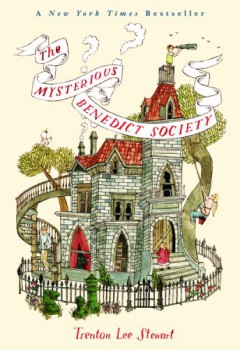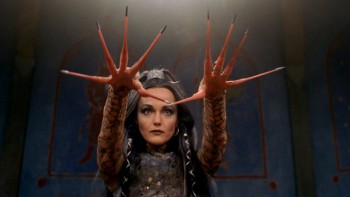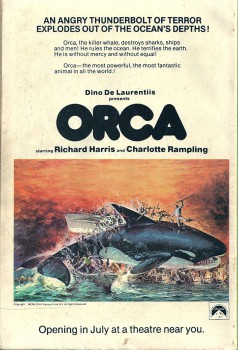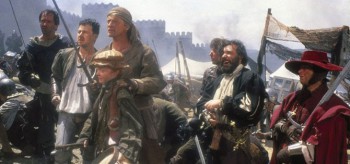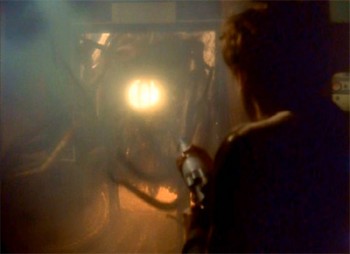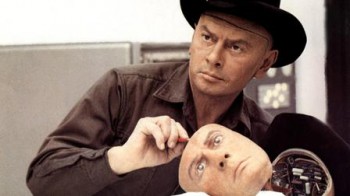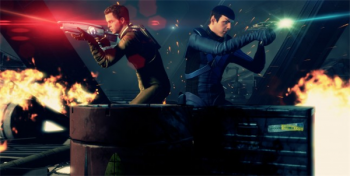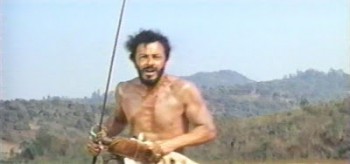King Arthur Revisited: Donald Barthelme’s The King
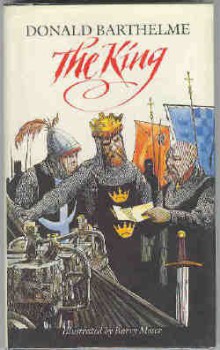 The legend of King Arthur has become one of literature’s greatest footballs, and it gets punted hither and yon with often quite careless abandon. Legions of celluloid spinoffs litter the vaults of Netflix, and on the printed page, one can select from heavyweights like Mallory, White, or Steinbeck to enjoy your Age of Chivalry fix.
The legend of King Arthur has become one of literature’s greatest footballs, and it gets punted hither and yon with often quite careless abandon. Legions of celluloid spinoffs litter the vaults of Netflix, and on the printed page, one can select from heavyweights like Mallory, White, or Steinbeck to enjoy your Age of Chivalry fix.
Flying well under the radar is one of the twentieth century’s best known metafictional writers, Donald Barthelme. His story collections, including City Lights and Sixty Stories, are classics of the form, endlessly inventive, cartwheeling-freewheeling-Catherine wheeling lunacies that manage nonetheless to pack a surprising emotional punch.
Most of Barthelme’s output centered on short fiction, but every so often he ventured into the realm of the novel, as with his knowing, nudge-nudge/wink-wink Snow White and his unjustly forgotten Arthurian outing, The King.
Released by Harper & Row in 1990 and featuring the evocative, jutting illustrations of Barry Moser, The King is an anachronistic treat from start to finish, and hilarious besides.
